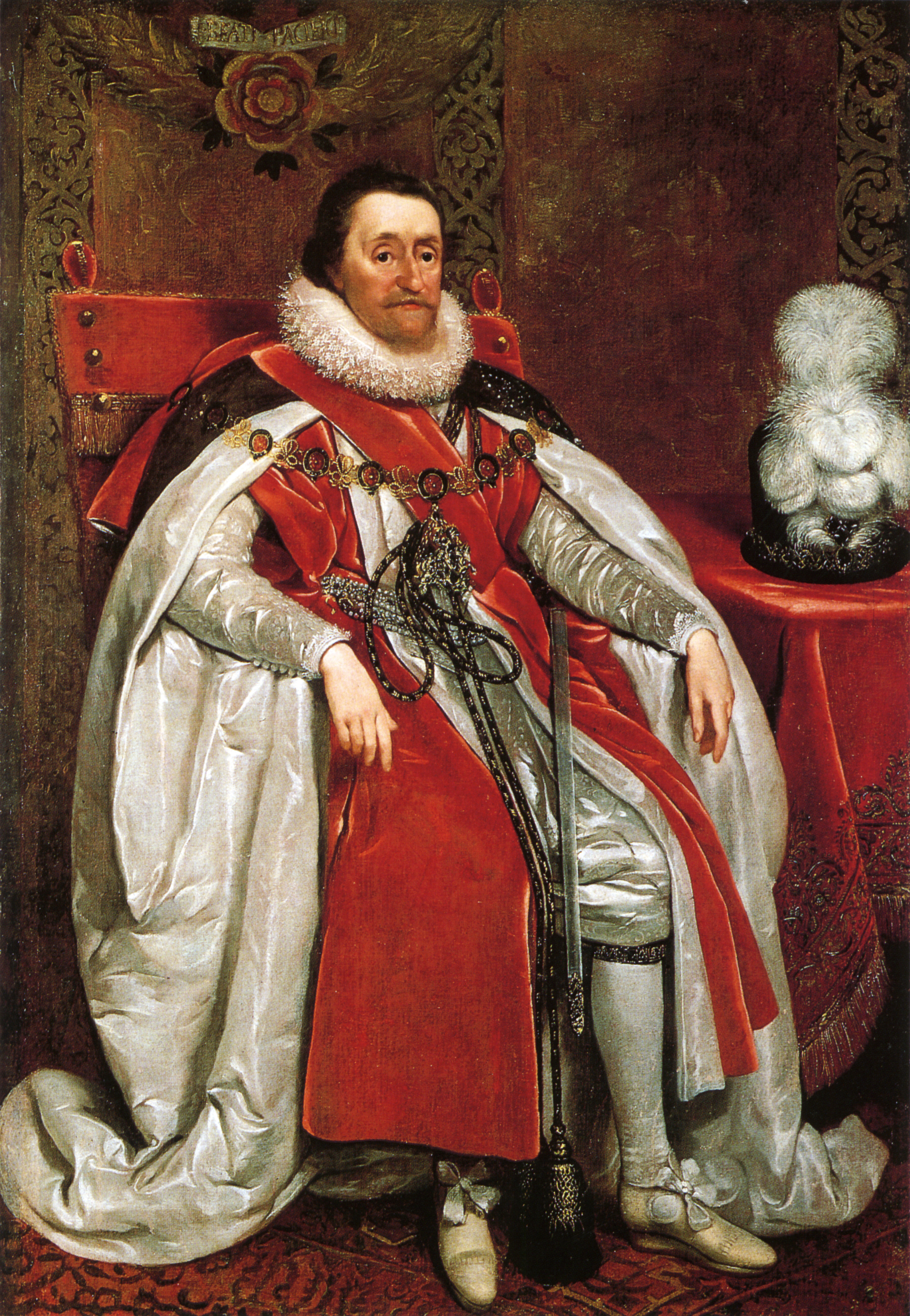England slowly drifts into civil unrest during the next few years, which also slows down the English Slave Trade, until about the 17th century.
- · In December 1577, Sir Francis Drake sets out to circumnavigate the globe with the financial help from the Queen. He returns September 1580.
- · In July 1585, the first English colony in the New World is attempted. Settlers landed in Roanoke Island, but were unsuccessful.
- · In November of 1585, Sir Francis Drake and Hawkins attack Spanish colony and sacks their slave-trading settlement.
- · In January of 1586, Francis Drake and Hawkins take over Santo Domingo and Cartagena, which leads to the English Spanish War.
- · The second English colony on Roanoke Island is in July of 1587. Some say they were unsuccessful because the settlers seemed to have disappeared when revisited by English ships in 1590. It is also believed the settlers may have been adopted into the Native tribes or split up into smaller groups.
- · In 1597, Francis Bacon writes Of Plantations, which becomes an important text for British colonial discourse.
.jpg) |
| Francis Bacon |
- · In March of 1603, King James I succeeds the crown.
 |
| James I |
- · On May 1607, Jamestown becomes the first permanent British colony in North America.
- · 1612, the first permanent British colony in Bermuda. The colony was technically unofficial until about 1614, and in 1617 the fist slaves arrived.
- · In 1627, England established a colony on Barbados, bringing 80 settlers and 10 slaves.
- · In 1625, James I dies and Charles succeeds.
 |
| Charles I |
Charles was not any better
than James, if not worse. During Charles reign, England was under great civil
unrest. Charles pursued unpopular religious policies that were Catholic-like,
imposed heavy taxes, and refused to work with Parliament. His time of reign was
known as the Eleven Years Tyranny. There were many rebellions during this time
and slowly lead to the Civil War.
Sommerville, J. (n.d.). England 1603-1642. Retrieved December 9, 2015.
Carey, B. (2013, July 1). Slavery Timeline 1601-1700. Retrieved December 9, 2015.
No comments:
Post a Comment